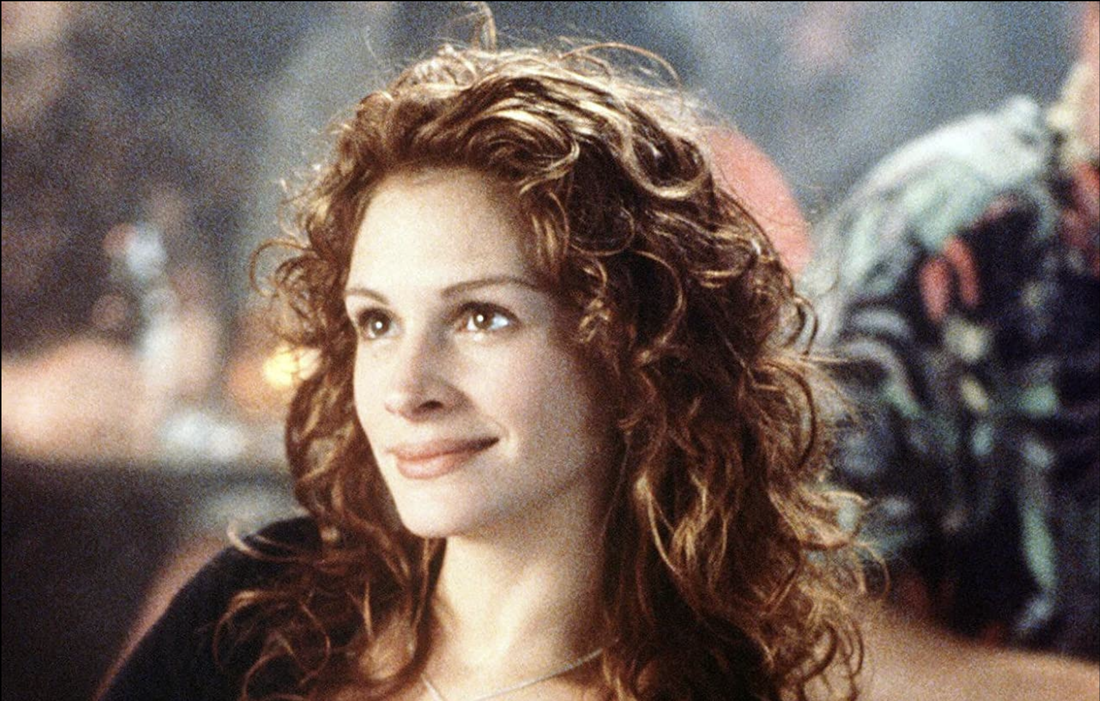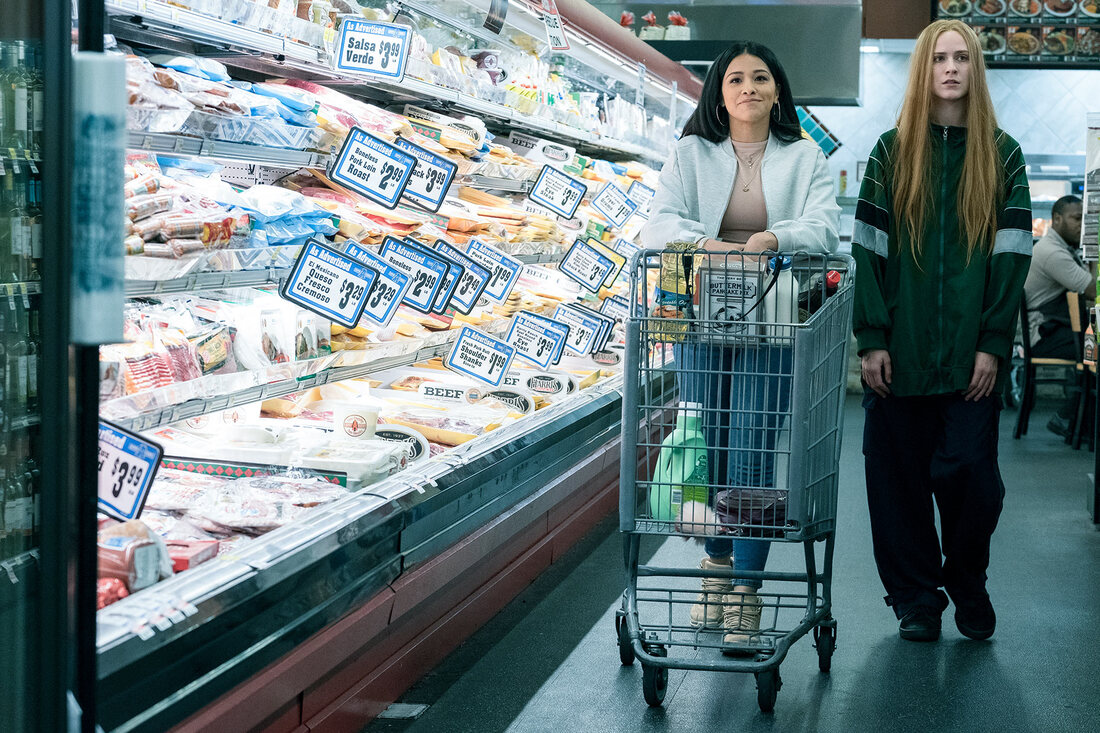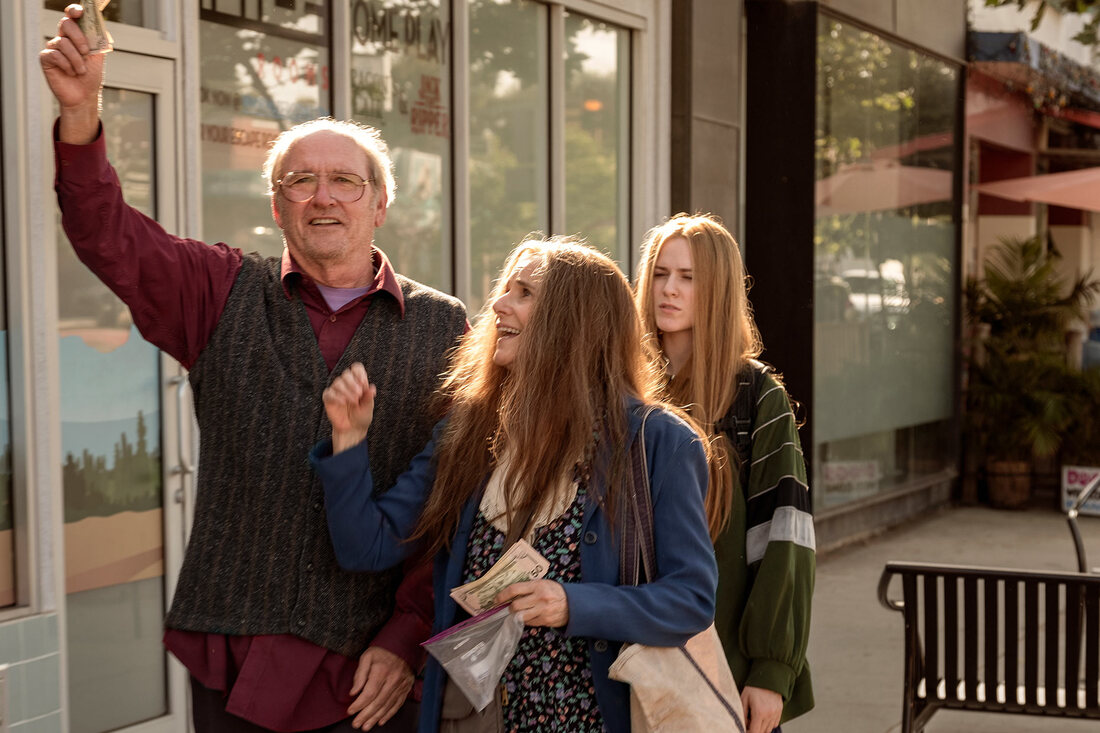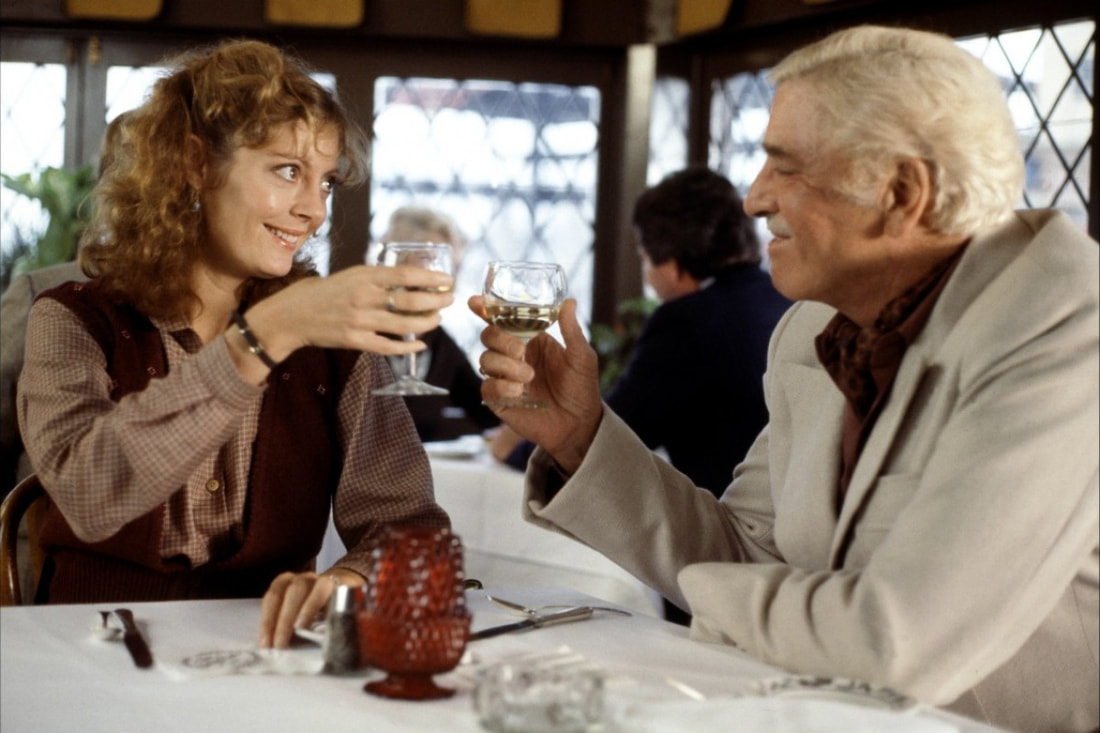|
The scene that sums up the tone and intent of this movie for me involves a lot of helium-filled balloons, a luminous Julia Roberts, and three teenagers singing John Denver's "A Song for Annie" in that kind of funny voice that happens when one inhales helium. It is equal parts silly and wholesome, and uses that tone to glide us along a pivotal plot point in the movie. There are two friendships and two love stories at the heart of this movie, all fused together into a heady potpourri the way only life ends up doing. Julia Roberts plays Julianne, a lonely and scattered New Yorker who gets a surprise call from her best friend (and past lover), Michael (Dermot Mulroney, charming yet a tad bit unconvincing). Michael's getting married that weekend and wants Julianne to be her best "man" while also playing bridesmaid to his bride Kimmy (Cameron Diaz playing a naive, yet kindred woman effectively). This comes as an emotional gut punch to Julianne, who realizes that she has been in love with Michael, ever since they broke up several years ago and remained best friends. In farcical urgency, she decides she needs to go to the wedding, only to confess her love to Michael, breaking his wedding up in hopes of her happily ever after. Her only confidante and guide in this misadventure, for all things right and wrong, is pal George (an affable Rupert Everett). This absurd setting, mixed in with the possibility of true romance, is balanced by the movie quite well - presenting a narrative that never takes itself too seriously yet never pauses to explore the simple beauties that adorn life. Ronald Bass' writing doesn't pander too much and director P.J. Hogan trusts the audience enough to drop us into the rich milieu of every scene. There is so much to bite into in terms of atmosphere. To keep the viewer from being distracted, the camera does a commendable job of focusing on the one person that matters - more often than not, the radiant Julia Roberts. Roberts is spot on as the tentative Julianne, stuck in crossroads where desired actions could have damaging consequences. 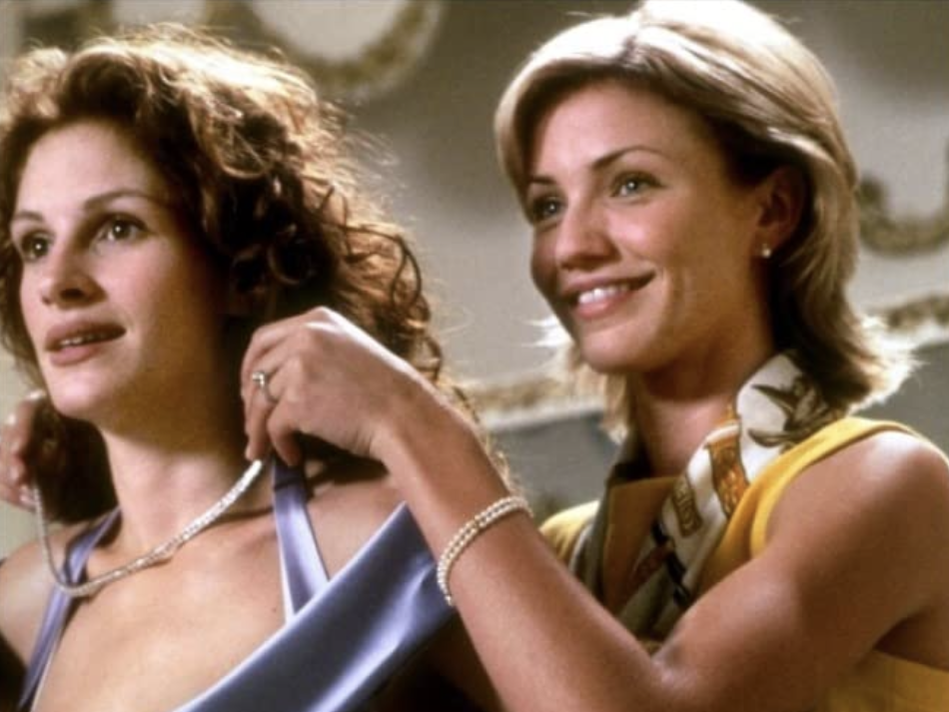 I'm usually not in a rush to watch movies as soon as they come out or hit my radar. I tend to "save" movies only to savor them at the right moment, which is why you see a terrible sense of chronology when it comes to posts on this site. On those lines, "My Best Friend's Wedding" fit perfectly into uplifting the mood of a gloomy December night in Ohio - reminding me of sunny summers, love, and beautiful friendships. Now Streaming on HBO Max.
0 Comments
It might be too soon for me to call it a pattern, but Miranda July’s films always seem to achieve an interesting quirkiness by juxtaposing the ordinaries with the odds. In “The Future”, the oddness comes in the form of an alternate universe that hopes to predict the paths forward for a couple in a strained relationship. “Kajillionnaire” doesn’t go that far but it still revels in a strange oddness. The film follows a grifter family from LA that goes about making ends meet by cheating, stealing, and transacting in unusual ways - all small time acts, just enough to get by and not large enough to get caught. Whether they truthfully believe it or not - their inexplicable rationale for this lifestyle is to not blend in with the masses - a sort of rebellion against the capitalist society and its systems. But they’re no idealists; just small time crooks who don’t want to make an effort because they’re convinced they shouldn’t. This curious existence itself is worthy of a movie in itself - a sort of character study, if you will. But July adds a delicious existential layer on top of this - an exploration of the profoundness of the ordinary aspects of human life and emotion - something this grifter lifestyle doesn’t let our protagonist family afford. We see this specifically through the evolving perspectives of Old Dolio, their daughter, who starts questioning her lack of human connection and how the way she was raised, contributed to it. This exposition of detachment, and the ensuing loneliness, doesn’t limit itself to Old Dolio’s experiences. We see other analogies throughout the movie - the most gut-wrenching of all in the form of an old man dying alone in his bedroom. Dolio and her family attempt to swindle him by entering his home and looking for his checkbook. The door is unlocked and the old man doesn’t bother that there are intruders, instead urging them to make sounds from the living room and kitchen, as if there’s people around and he isn’t dying in isolation. July delivers this moment and many others throughout this film through sharp writing and imagination. She fashions a combination of humor and critique into her narrative fabric in a unique style representative of a definitive auteur-to-be. We get four perfectly cast actors with fine performances - Richard Jenkins and Debra Winger as the older couple with fraught moral compasses, Evan Rachel Wood as fluttery Old Dolio, and Gina Rodriguez as Melanie, the outsider who stumbles upon Dolio’s family and joins them - in search of excitement - only to discover she’ll get more than what she bargained for. The chemistry between Rodriguez and Wood is so endearing, having almost a discount Thelma & Louise aspect to it, that makes one want a sequel to this movie to see where their relationship would go. “Kajillionnaire” might be set in it’s own comedic sub-universe that deals in the absurds, but there is so much warmth and ferment rumination on life’s anchors in it’s beating heart. Now streaming on HBO Max. Much of "Belfast" is set within one small street - occupied by both Protestants and Catholics in an Irish city dogged by rioting in the late 60s. Through the movie, this street becomes a metaphor for the rest of the city - the people who live there embody its routine, rituals, and rifts. For much of the movie, the street is barricaded on either end in an attempt to prevent rioting. Within these confines, we see a jolly and cordial people going about their daily business. Everyone knows everyone and no passerby gets to walk on without hearing an affable greeting. After riots that damage much of the street's homes, the residents bandy together to clean the mess up - their spirit is undiminished. On this street lives a working class family that we get to meet through the eyes of its younger child, Buddy. Buddy goes to primary school, has a crush on the girl who is the number one in Math, loves to spend time with his grandpa and granny, and wants to be in a school gang. "Belfast" is the story of Buddy's childhood - one that is charming on the surface but surrounded on the perimeter by prolonged strife and potential doom. Just like the street Buddy lives on, and Belfast itself. 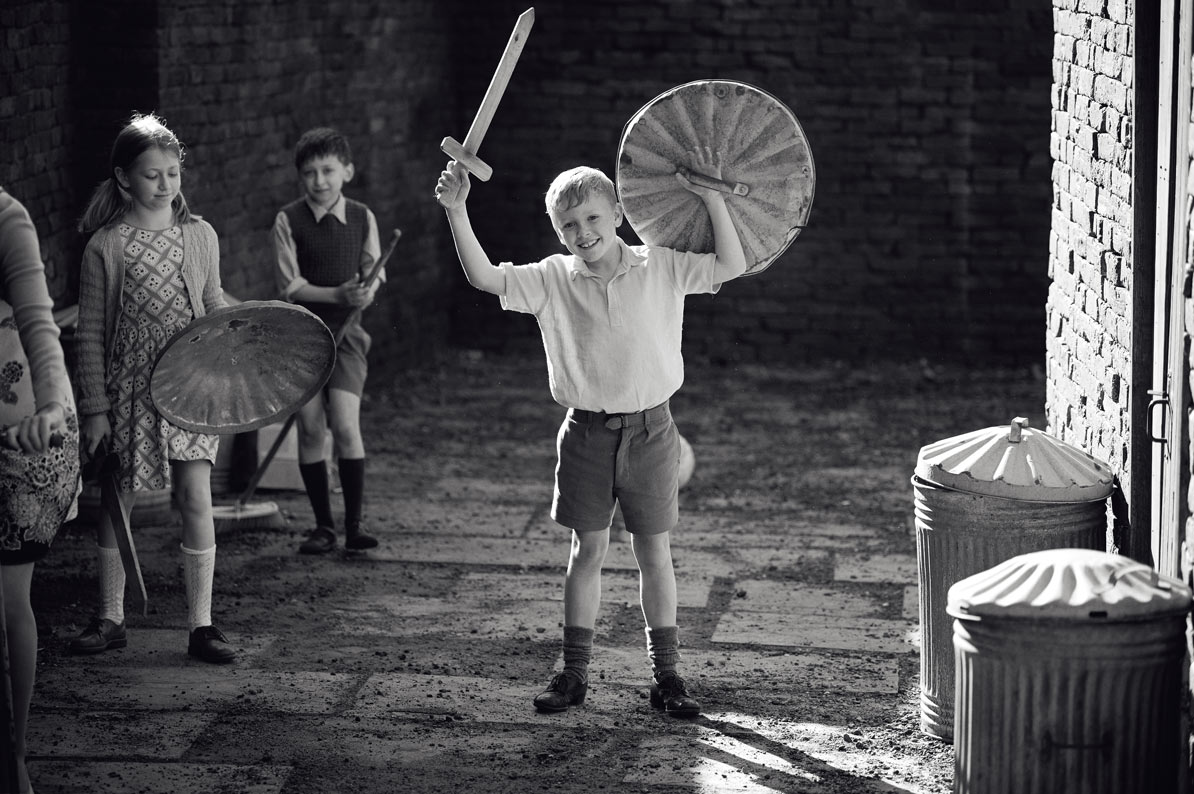 The movie follows Buddy and, as is the case with kids, finds itself doing profound exploration and discovery - one that is all perceived through the innocence and stark purity of a nine year old's world vision. Primarily, "Belfast" seeks to ask the perpetual question - What makes a place one's home? Is it the place? The people? The relationships involved? Or is it one's intrinsic filter that embraces a place and its people as their own, despite whatever practical flaws involved? Especially, when the flaws include the prospect of violence and civil unrest. Young Buddy also seems to question the reasons for this violence, or in more intimate terms, what it means to be good or bad or why one has to be either. Jude Hill is a terrific fit as Buddy, a bubbling bundle of charm, curiosity, and harmless mischief. Any childhood is only as good as the parenting involved - Jamie Dornan and Caitriona Balfe turn in splendid acts as Buddy's Pa and Ma, defiant about giving their kids a peaceful childhood that doesn't rob them of freedoms. Ciaran Hinds and Dame Judi Dench provide excellent supporting anchors to this central family. The movie is a semi-autobiographical take by writer-director Kenneth Branagh, who manages to stay away from overt nostalgia in service of a beautiful narrative. Haris Zambarloukos' black and white cinematography distills an astute clarity - simple and effective, all set to Van Morrison's punchy soundtrack. 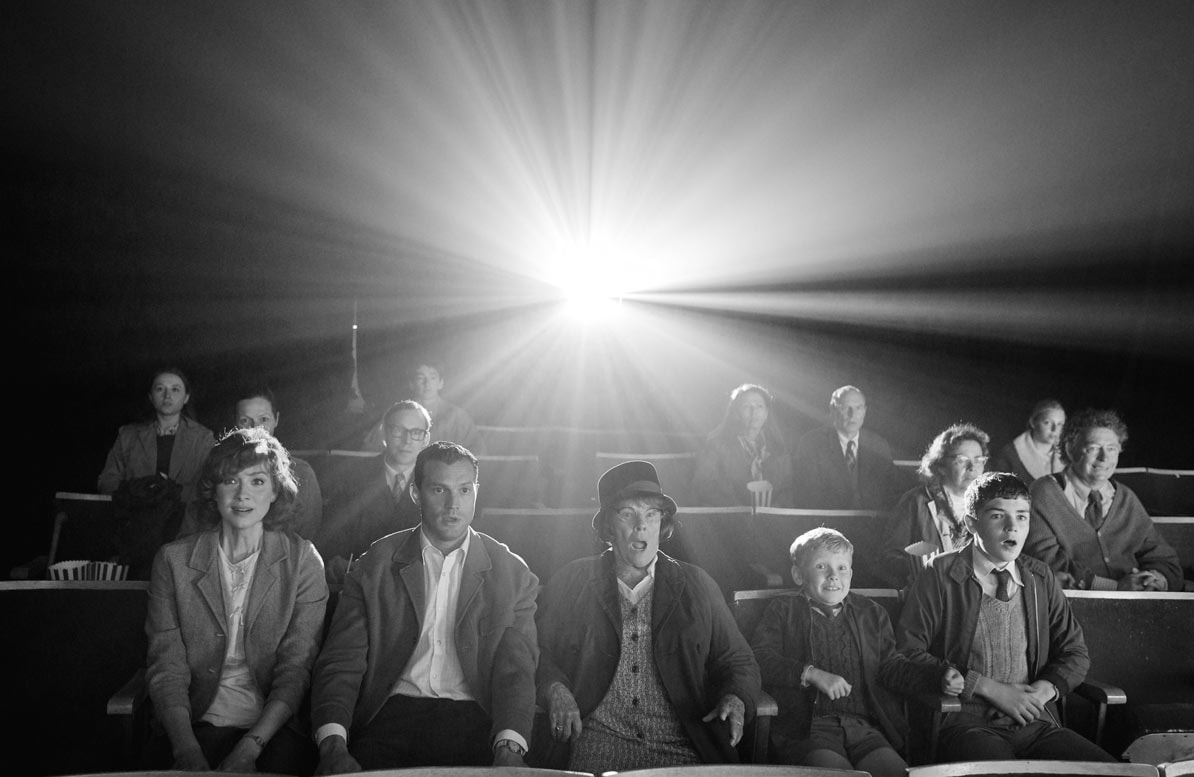 Looming over everything in "Belfast" is an inevitable question - can one leave home behind in pursuit of a better life? Will they ever have a home then - finding it hard to assimilate in an alien territory? Or losing one's ability to return home, stranded in the tides of time? At one point in the movie, Dench's character says that there are no roads from Belfast to a promised Shangri-La, a land with the possibilities of paradise. As its closing frames say, "Belfast" maybe the story of those who found those roads, those who haven't, and those who were lost. It is also a wonderful look at those who are making that journey. "Belfast" is out in theaters now. |
Read MoreAtlantic CityAtlantic City says so much about two people in a relationship, without saying too much.
Booksmart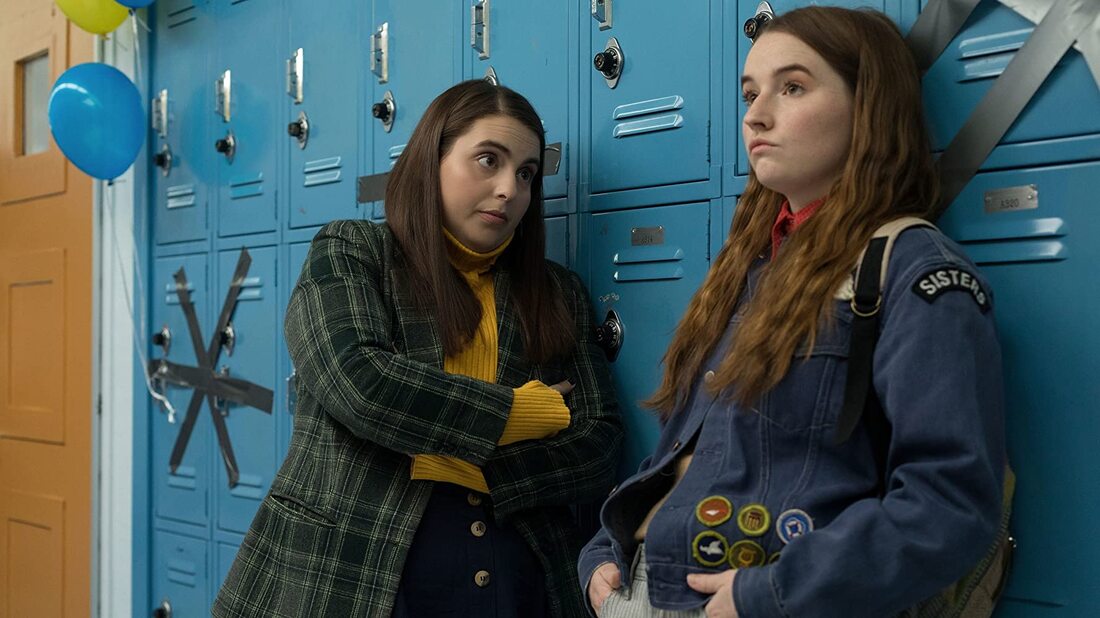
A comedy that is fun, while being just good cinema in the first place.
Categories
All
|
